JOIN US IN SUPPORTING SUSTAINABLE TOURISM
Given the global emphasis on sustainability and combating climate change, our goal is to position the Indian tourism experience as a unique visitor takeaway, in low-impact settings. Tourism has the potential of being a non-polluting, sustainable, income provider for our country. To achieve this, we have made the following pledge.
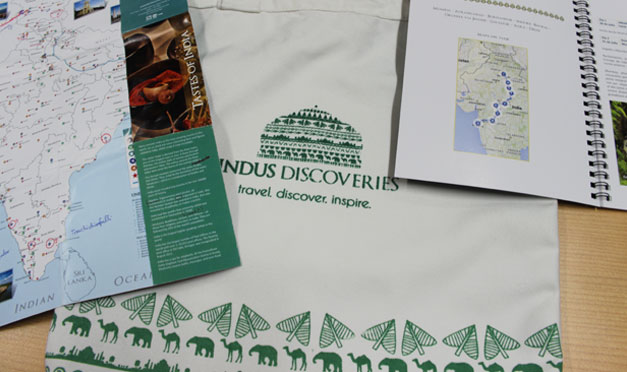
Our Pledge for sustainable tourism
We pledge to work together with our valued customers, our business partners and local communities, with the expectation that tourism today will enable future communities and travellers to gain from sustainable, inclusive experiences.
We pledge to work with local organisations like Tarun Bharat Sangh (a non-profit environmental NGO) to help rural communities move towards livelihood diversification, help them with job opportunities, and raise their income levels by engagement with tourist activities and with the help of water conversation efforts.
We pledge to develop sustainable visitor strategies based on arts, crafts, cultural and natural heritage, and the environment. The tourism yields could contribute significantly to conservation and to the rural sector in particular.
Lack of hygiene and sanitation is a major irritant for foreign and domestic tourists. Therefore, creation of awareness, as well as making the requisite facilities available, will be given high importance by our company.
Our initiatives for sustainable tourism
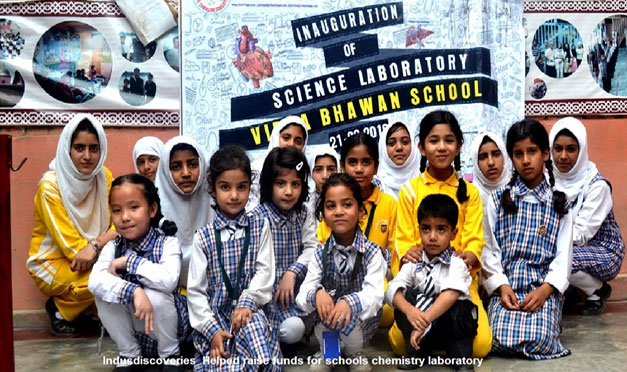
Our initiatives use tourism as an agent for promoting the good of communities by contributing to their socioeconomic and environmental sustainability, and resiliency towards climate change.
We follow the triple bottom line approach to sustainability with equal emphasis on People, the Planet and Profitability together. Our programs have a beneficial impact on the people, the environment and their socioeconomic networks.
We partner with local NGOs and environmental organisations working on water, renewable energy and other conservation issues. We help make a meaningful impact on their work by bringing global awareness, equipment, and experts and volunteers to their projects.
All programs have opportunities for educational learning and sharing of knowledge, as well as tourism in both the local area and the country.
Our key indicators for sustainable tourism
We aim to maximise social and economic benefits to the local community, and minimise negative impacts, by:
- Employing local residents, including in management positions, wherever feasible. Training will be offered as necessary.
- Providing equal opportunities in recruitment and career growth to all segments of society, irrespective of caste, creed, religion, ethnicity and gender, while completely shunning child labour.
- Treating all employees, including contractual labour, in accordance with national legislation and paying them a fair wage with the minimum being in accordance with the law.
- Ensuring the activities of our company don't jeopardise the provision of basic services such as water, energy or sanitation to neighbouring communities.
- Encouraging local and fair trade goods and services for our clients.
- Encouraging the means for local small entrepreneurs to develop and sell sustainable products that are based on the area's nature, history, and culture (including food and drink, crafts, performance arts, agricultural products).
- Discouraging the sale of historical and archaeological artefacts, except as permitted by law.
- Following established guidelines and code of behaviour at culturally, ecologically or historically sensitive sites, in order to manage visitor impact.
- Contributing to the protection of local, historical, archaeological, culturally and spiritually important properties and sites, as well as natural phenomena and not impeding access to them by local residents.
- Respecting intellectual property rights of local communities whenever we use elements of local art and tradition, architecture, or cultural heritage in its operations, design, decoration, food or shops.
Opportunities for participation in our sustainable tourism initiatives
We offer the following opportunities to our tour participants at targeted villages, schools, farms, artisan communities and wildlife/nature conservation venues:
- Planting Trees to create green zones in arid and semiarid areas in various areas in Nepal, and Rajasthan in India (such as Alwar), with local participation.
- Water Conservation for daily use, agriculture, crop rotation and cultivation of native plants. Chattar Sagar and Alwar in Rajasthan in collaboration with local projects.
- Water Purification initiatives with donations of advanced water purification devices as a part of WASH projects. This includes at a school in Kashmir in North India, and local projects at various locations in Rajasthan where the water contains very high levels of arsenic and fluoride.
- Renewable Energy projects in targeted high potential areas such as schools, artisan villages, hospitals etc. with donated solar panels and mobile solar and water carts. Multiple projects in India, Nepal & Bhutan.
- Economic Development in local areas through sustainable tourism initiatives. Examples include creating global markets, tourism jobs, and training in artisan communities.
- Exploring Water and Forest Conservation as well as Renewable Energy production in Bhutan and exchanging ideas, technologies and mindset with the Happiest Country in the World!
- Helping educate under privileged children and educating communities of general hygiene.
- Helping communities to preserve their age old customs and cultural heritage.


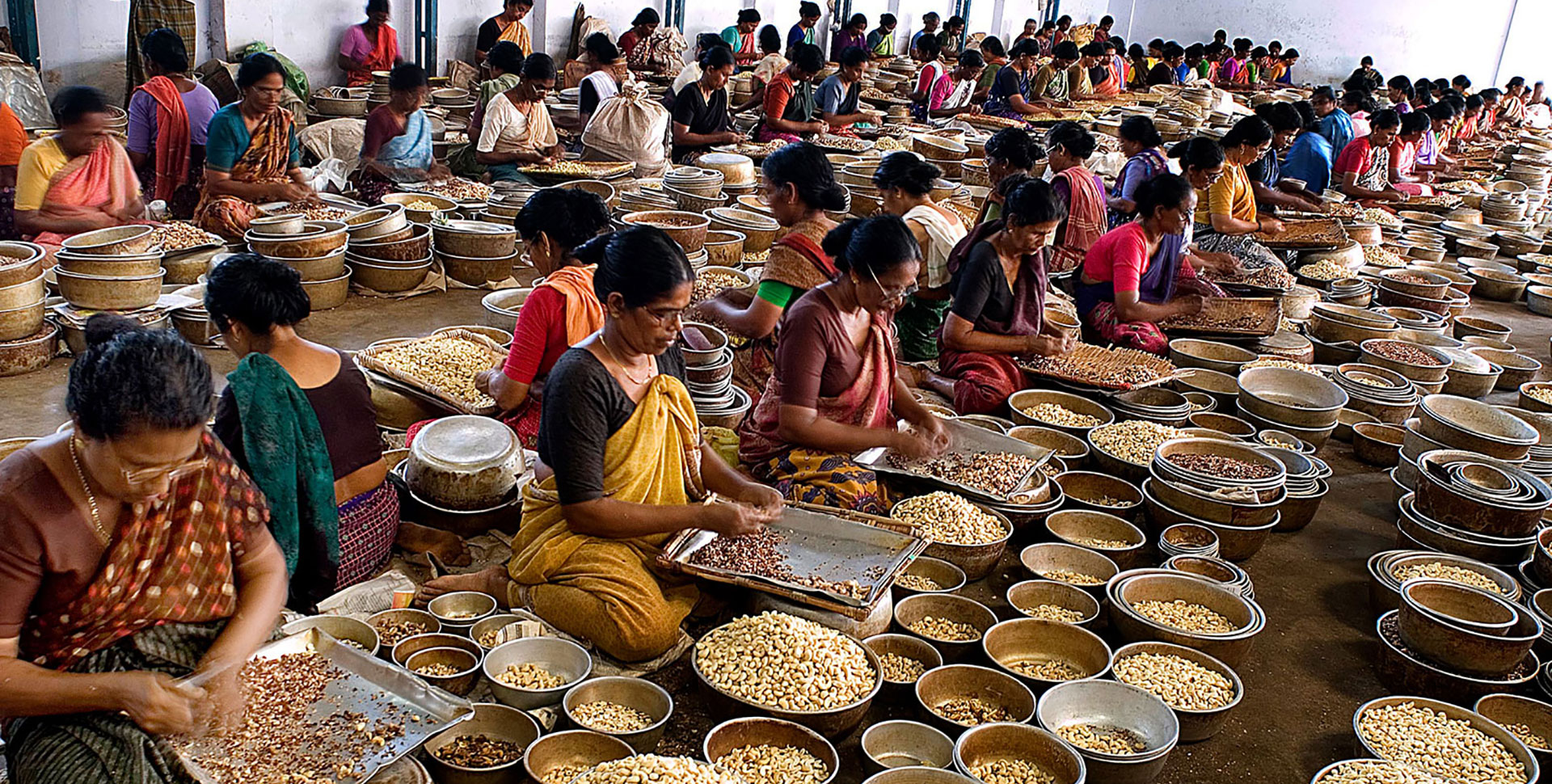
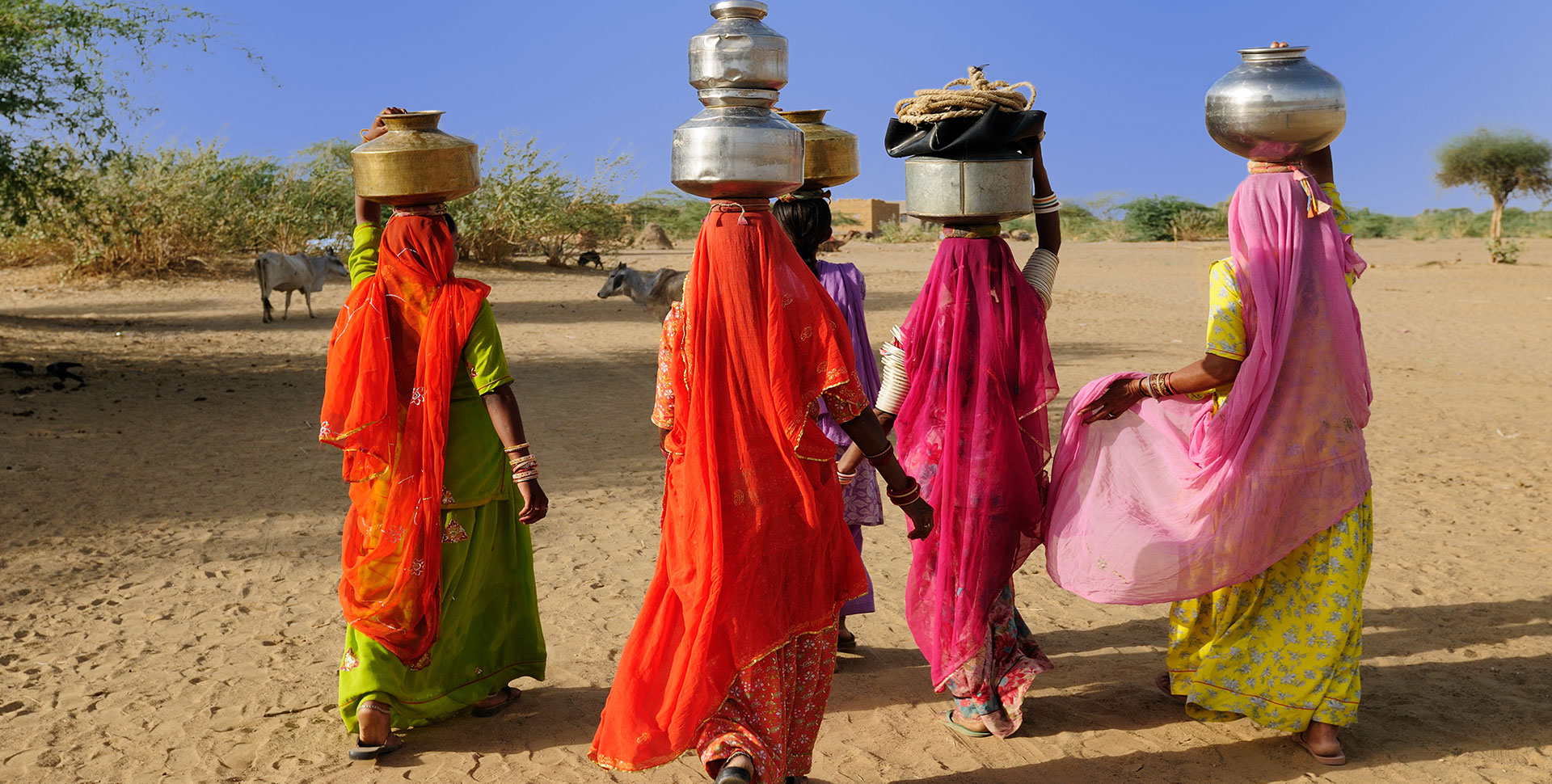
 +1-(765)-586-1210
+1-(765)-586-1210 +44-2030-2689-44
+44-2030-2689-44 +91 124 4361906
+91 124 4361906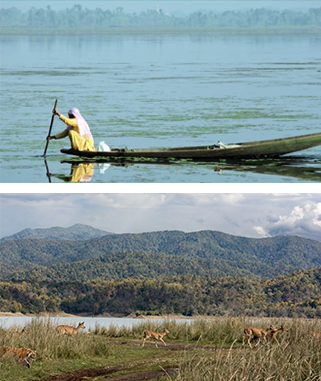

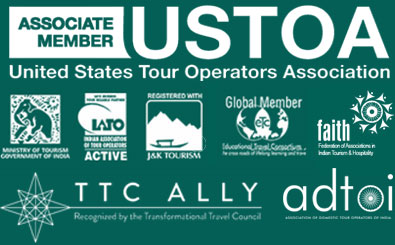


 +1-(765)-586-1210
+1-(765)-586-1210 +44-2030-2689-44
+44-2030-2689-44

